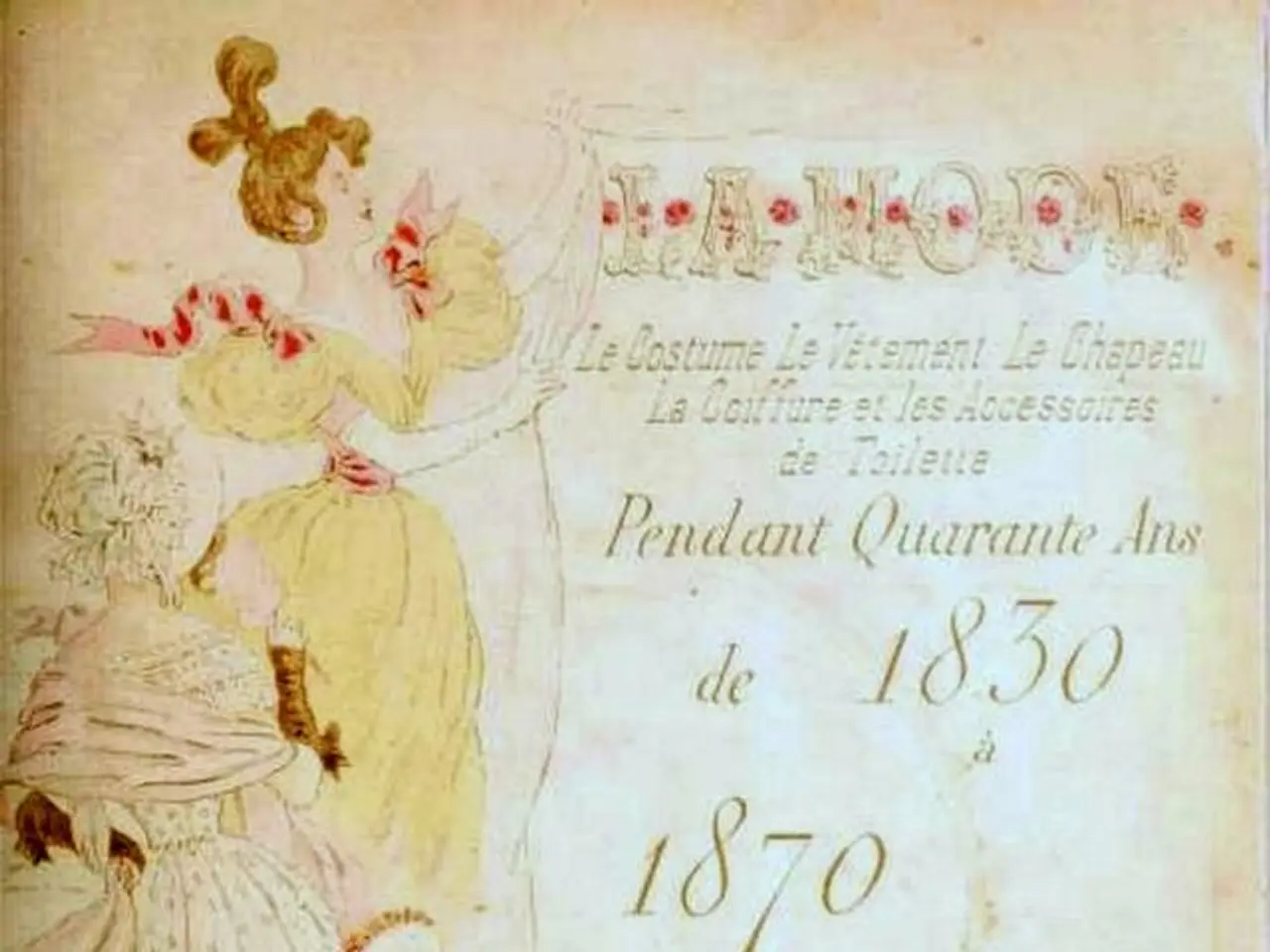Public Fund Recipients Ought Not To Be Forced To Adhere To Gender Norms
Culture Minister Wolfram Weimer has ignited a cultural and political firestorm in Germany with his 2025 directive banning the use of gender-inclusive language employing special characters such as asterisks (*) in official communications within the Federal Chancellery. The controversy centers on Weimer’s opposition to gender-inclusive language with special characters, framed as a fight over linguistic purity versus inclusivity and social representation.
Appointed as Culture Minister in May 2025, Weimer argues that language should not be treated like a "playground" and claims the use of gender-inclusive plurals with asterisks distorts the German language, making it unnecessarily complicated and divided. His order prohibits employees in the Chancellery from using these forms in official documents, sparking a heated debate.
Opponents of Weimer’s stance, including gender advocates, argue that such inclusive language is crucial to actively represent and include diverse gender identities. They contend that banning it undermines efforts for social inclusion. Supporters of Weimer claim inclusive language is grammatically problematic and can have the opposite effect of what advocates intend.
Weimer's ban currently applies only to his ministry, but he has urged other federal ministries to follow suit. However, reports indicate no other ministries have planned similar bans yet. The debate has attracted attention across political lines, with some calling for calm and tolerance, emphasizing personal choice in the use of gender-inclusive language.
Notably, Bavaria followed suit in spring 2024 with a ban on "gender language with special characters for gender specification" in authorities. Thuringia instructed its state authorities to refrain from "grammatically incorrect gender language" at the end of 2022. Institutions that do not comply with Weimer’s demands risk losing relevant funding.
Weimer's stance is met with significant opposition. Misbah Khan, deputy leader of the Green parliamentary group, sees an "implicit threat" in Weimer’s statements, believing it to be an attack on the freedom of art and culture and an attempt to discipline critical voices. Sven Lehmann, chairman of the Culture Committee in the Bundestag, criticized Weimer’s initiative, questioning if Weimer is a culture minister or a missionary culture warrior.
The German Journalists' Association (DJV) opposes Culture Minister Wolfram Weimer's initiative regarding gender-inclusive language in broadcasting. DJV chairman Mika Beuster stated that it is none of a culture minister's business whether editorial teams of public broadcasters and Deutsche Welle use gender in their contributions.
Weimer has previously stated that he rejects any paternalistic language education, arguing that it does not reflect how the majority in Germany speaks and deepens societal division. However, his recent prohibition of the use of gender-inclusive language with special characters in official correspondence in his own department has fueled concerns about censorship and the suppression of diversity.
The controversy over gender-inclusive language with special characters and pauses in speaking has been ongoing for years, with many conservatives strongly rejecting it. As the debate continues, it remains unclear whether Weimer’s initiative will have a lasting impact on the use of gender-inclusive language in Germany's official communications.
The finance ministry has recently announced that they will not be enforcing Weimer's ban on gender-inclusive language with special characters in their official communications, citing concerns about the potential suppression of diversity.
In a recent press conference, Economy Minister Peter Altmaier stated that while he respects Weimer's right to enforce such a policy within his own ministry, he believes that the use of gender-inclusive language is an essential part of business and politics, and should not be restricted.
Critics argue that the ban on gender-inclusive language is simply an attempt by Weimer to impose his own conservative views on the rest of the country, and that it comes at a time when the world is moving towards greater inclusivity and diversity.
As the debate over gender-inclusive language continues to rage on, it remains to be seen whether other business and political leaders will follow suit and refuse to comply with Weimer's ban. Some have even suggested that the issue of gender-inclusive language might become a major point of contention in upcoming policy and legislation discussions.
In the meantime, the general news media is spreading stories of several major businesses and organizations that have publicly stated their support for the use of gender-inclusive language, including Google, Facebook, and the United Nations. It remains to be seen if this trend will continue to grow in the coming months and years.




